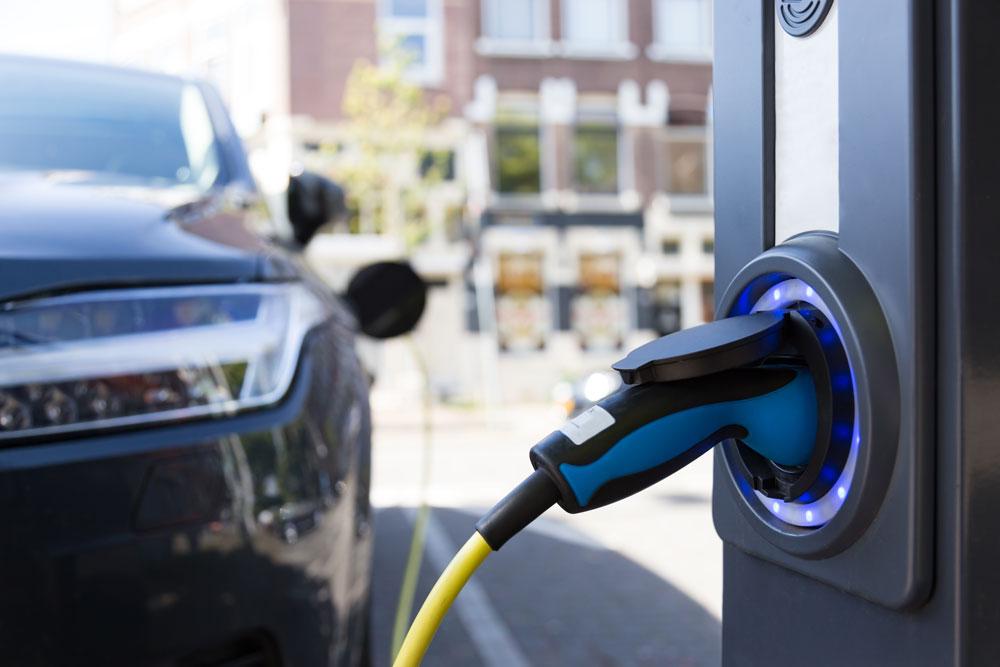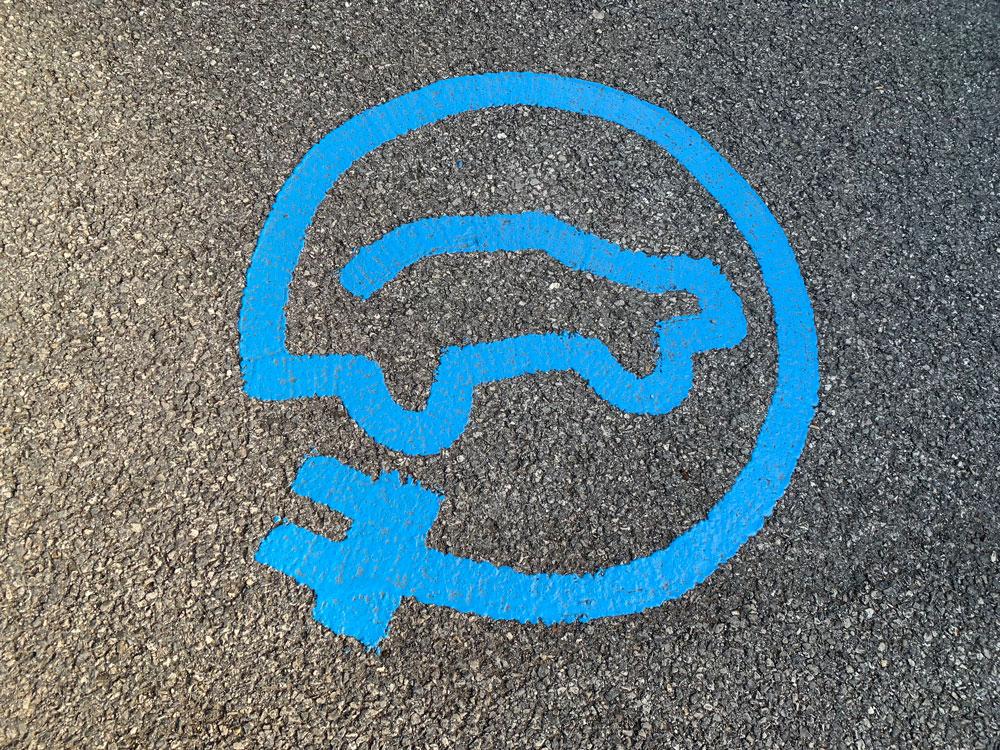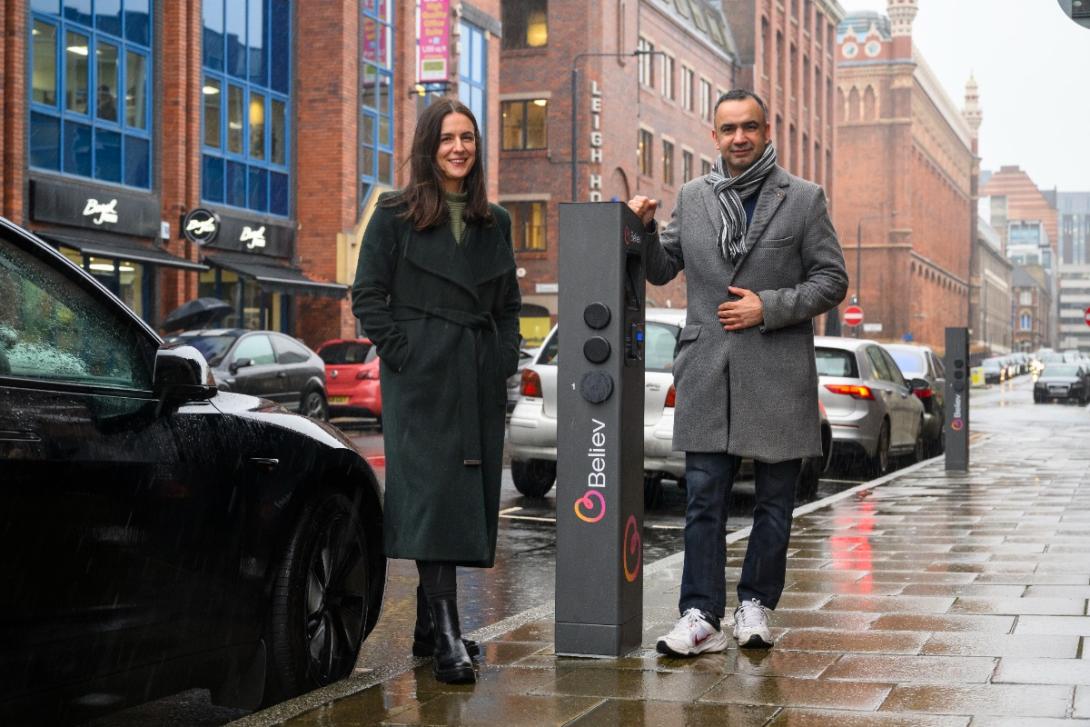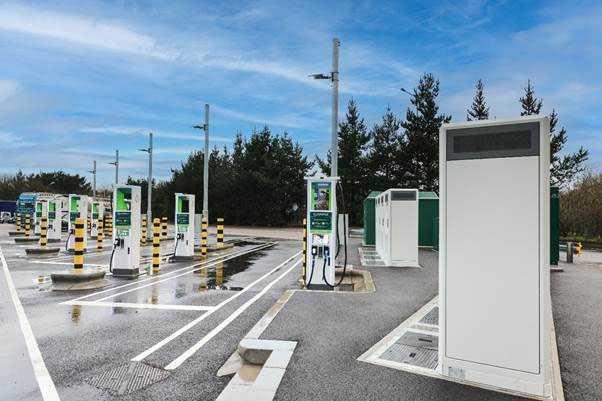National Highways has released a report with a range of measures to improve the strategic road network, which includes the installation of 2,500 new rapid electric vehicle chargers.
The Strategic Road Network Initial Report for 2025-2030 says the National Highways' work is likely to focus on making the most of its existing network through proactive maintenance and improvement works – boosting safety and journey reliability and in turn driving economic prosperity. This includes through greater use of digital technologies, getting the network ready for connected and autonomous vehicles and encouraging active travel.
The report says that National Highways will help the transition to zero carbon motoring by supporting the installation of around 2,500 open-access rapid charge points for electric vehicles on the network by 2030.
National Highways also wants road users to have access to more real-time and personalised information covering congestion, on-going incidents, planned roadworks, events and the availability of electric vehicle charging points, giving them alternative routes if necessary.
The report also outlines the challenges facing these increasingly busy roads and how investment can help tackle congestion and smooth traffic flow. Most motorways were built in the 1960s and 70s and now require extensive renewal while National Highways also needs to ensure performance and safety levels are maintained in the face of increased exposure to severe weather.
The Initial Report will be subject to an eight-week consultation by the Department for Transport. It is published alongside National Highways’ long-term strategic plan, Connecting the Country. This sets out the company’s priorities for the network up to 2050, with demand for roads from zero-emission vehicles expected to remain strong as part of a seamlessly integrated transport system.







